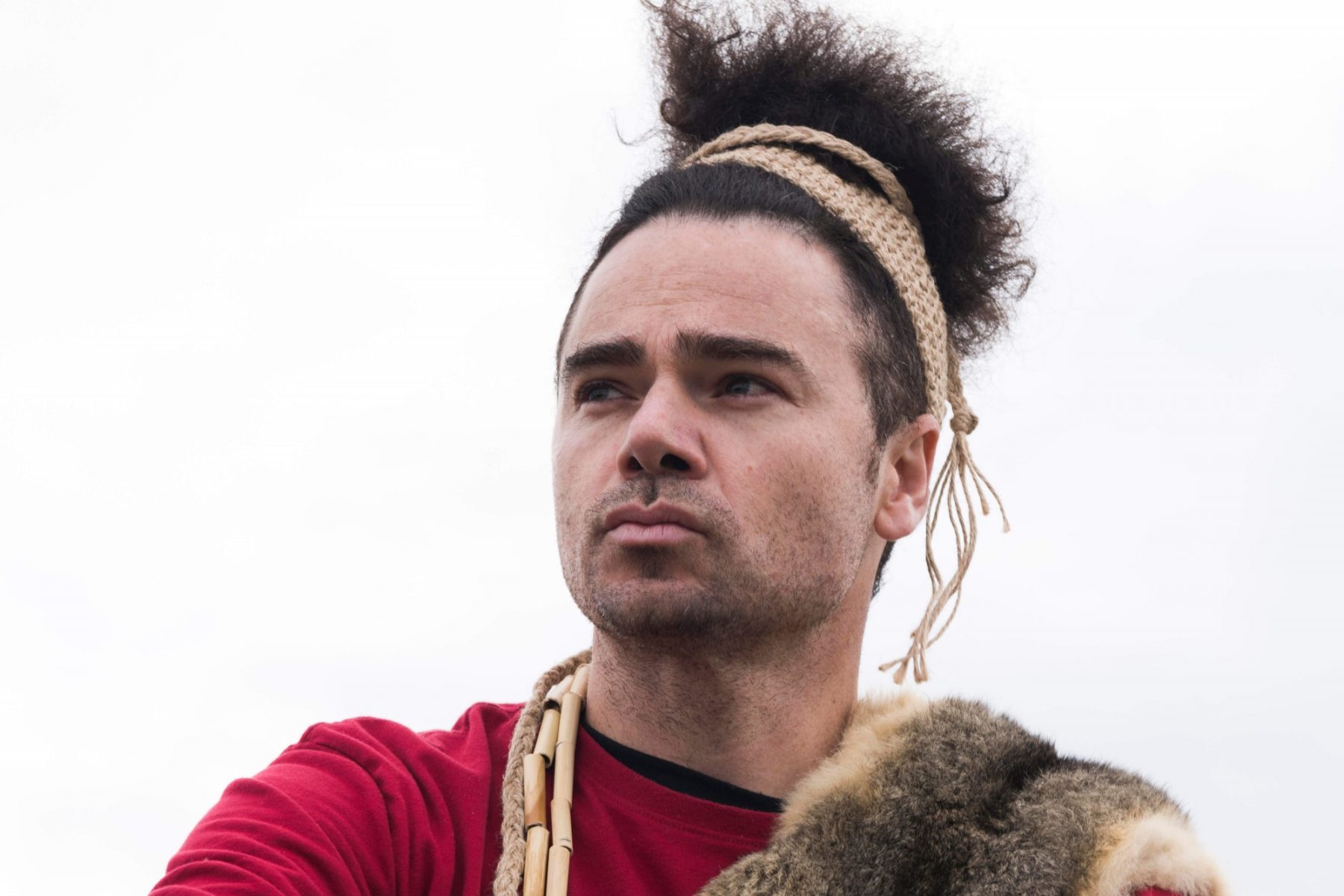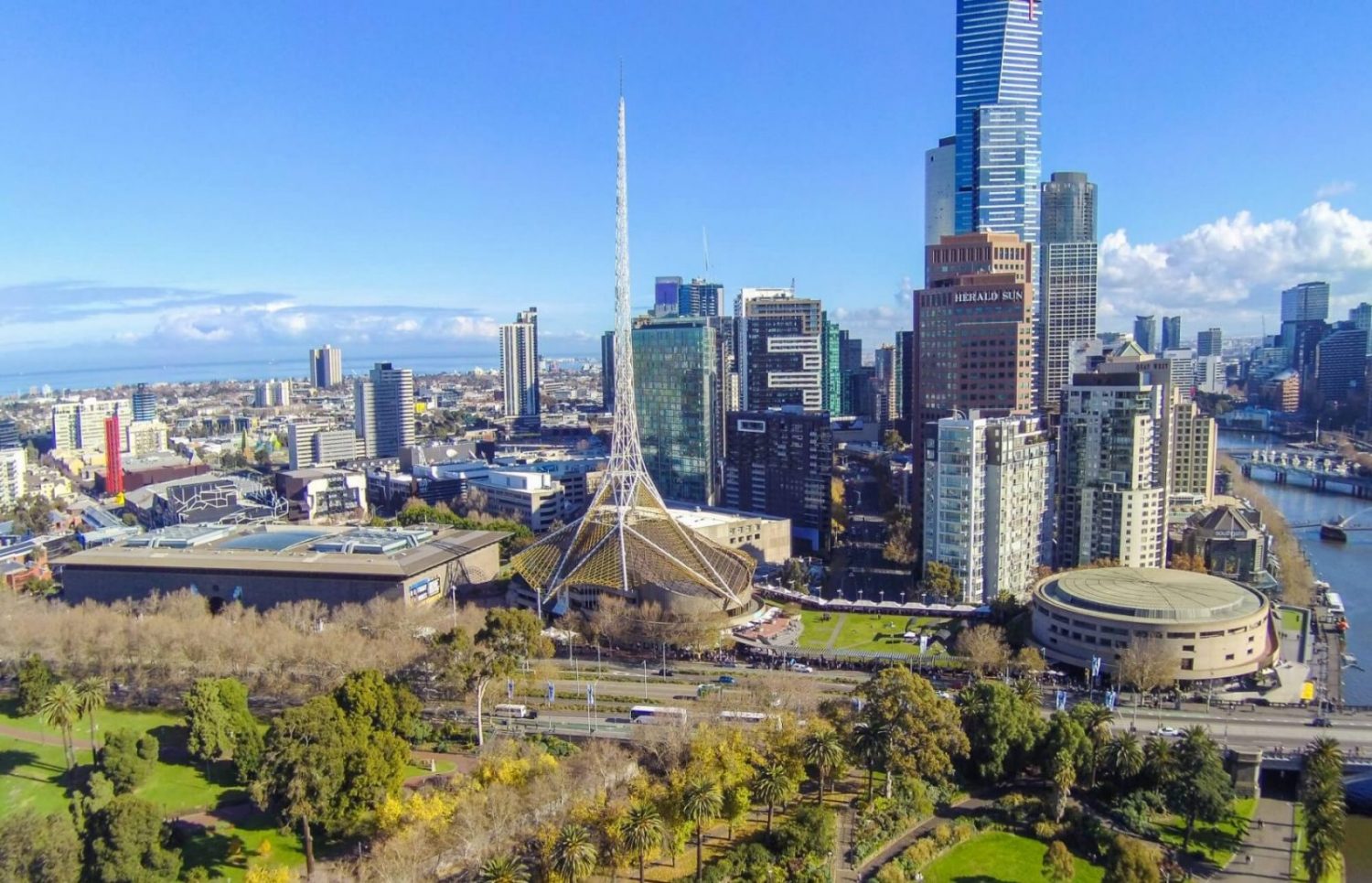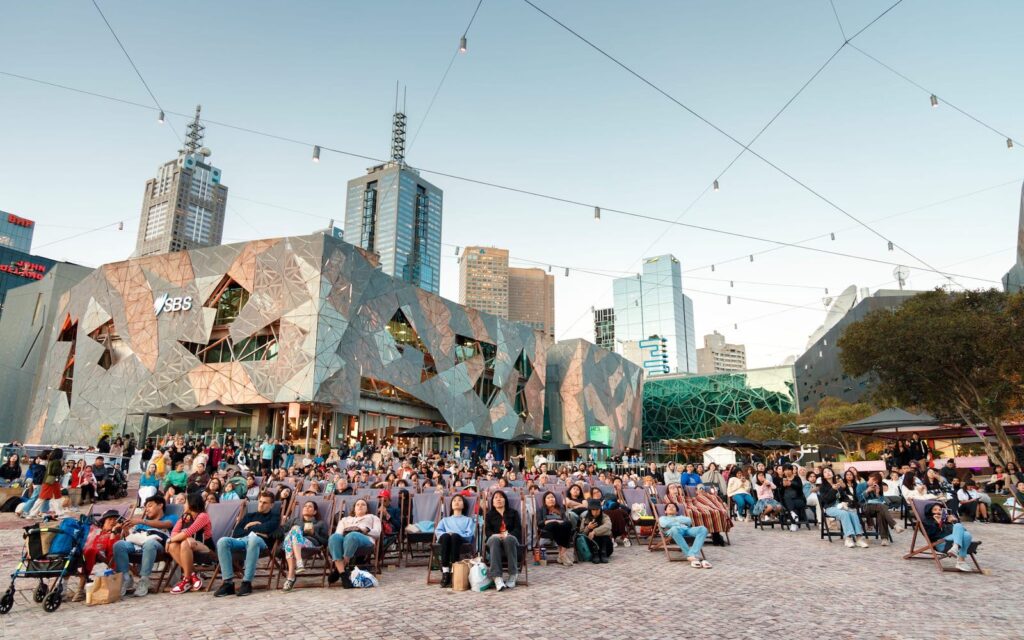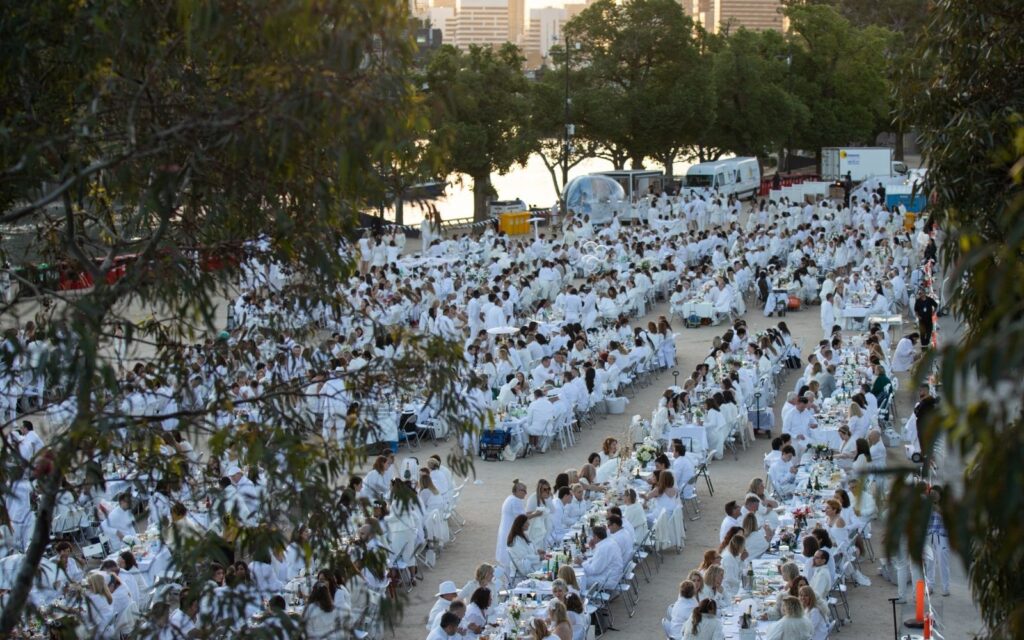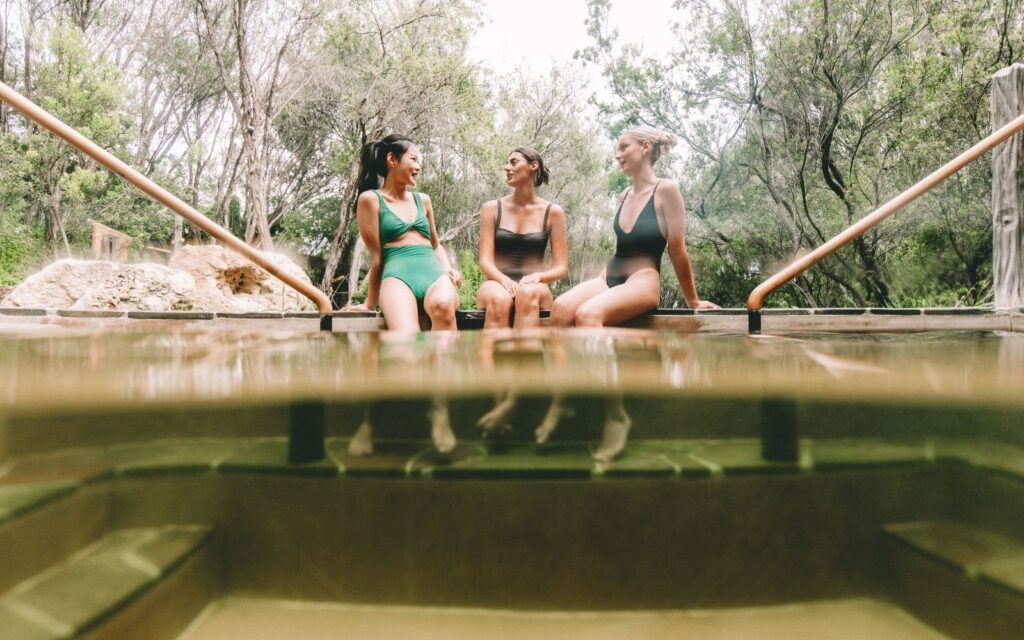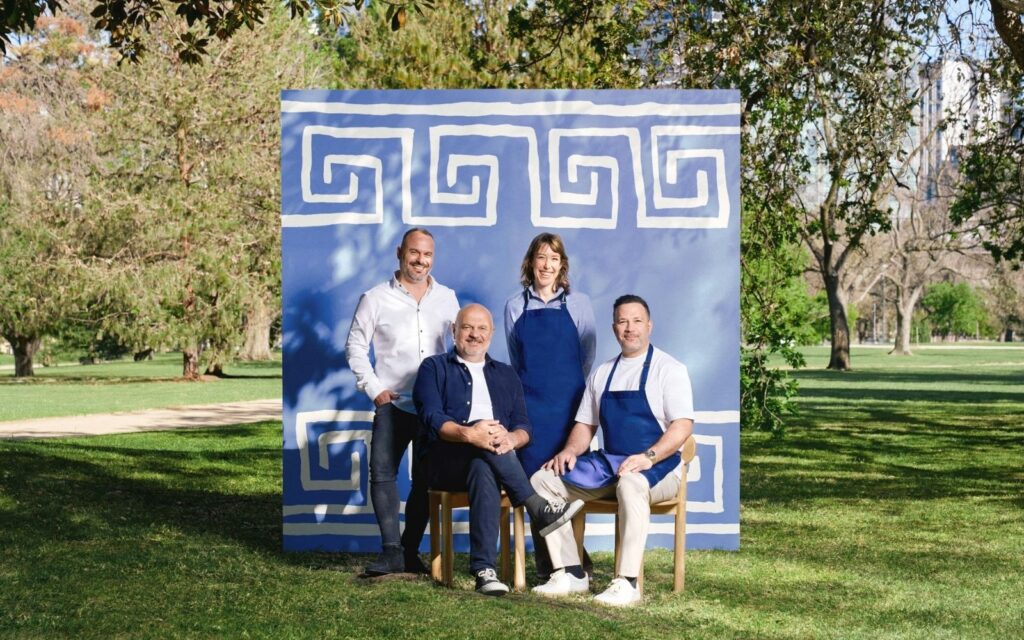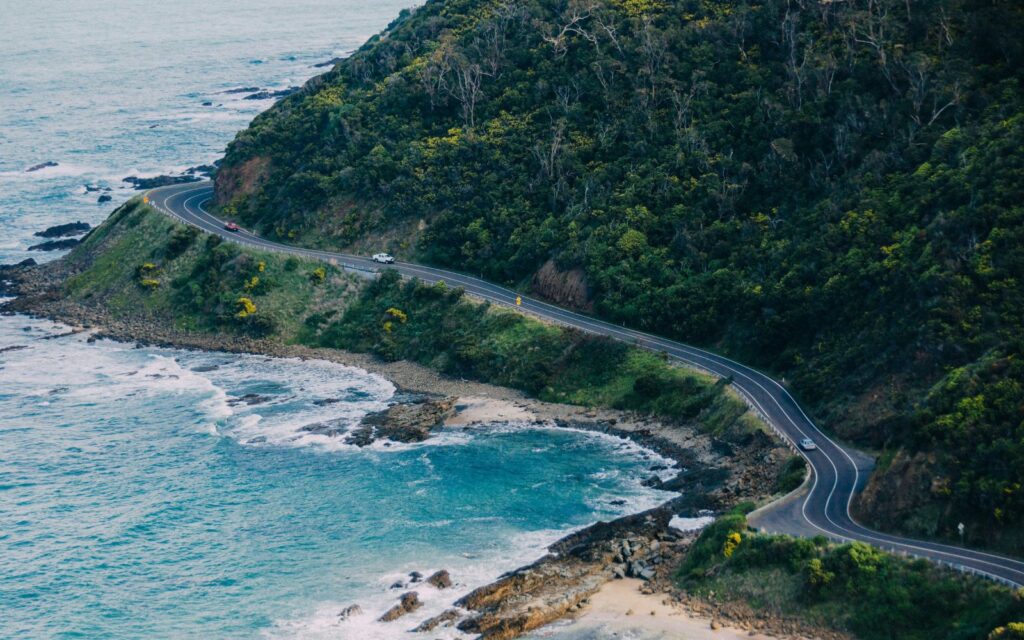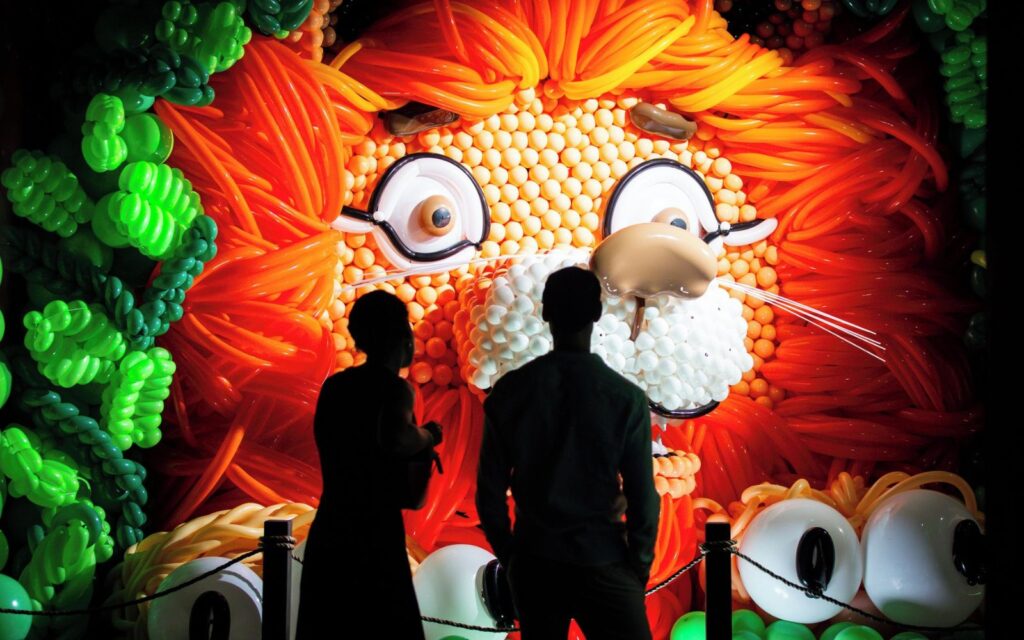We chat to the multi-talented artist and activist about how he’s faring.
Yorta Yorta man Neil Morris is multi-talented. He’s an independent musician under the name DRMNGNOW, hosts his own radio show on Triple R, Still Here, and is a grassroots community activist for First Nations people.
When speaking to Morris, it quickly becomes apparent that poetry and lyricism are his strong suites – he strings together poignant words on matters of custodianship, connection to country, climate change and cultural revitalisation, all through a decolonial lens.
“I grew up on Yorta Yorta country, which is where my grandmother’s grandfather was a custodian … It’s something I don’t take lightly, I take it as an astounding blessing.”
Since lockdown, Morris has spent the majority of his time back home, on Yorta Yorta country, something he has been craving since he’s spent most of his time in Melbourne over the last four years.
“As someone who is a fiend for having connection to country as a vital element of my day-to-day life, [lockdown] hasn’t necessarily been a bad thing, but certainly the restrictive nature of this period of time has made that experience not ideal,” Morris says.
“Given where I stand on the liberation of First Nations people, and the right and requirement of First Nations people to be able to be out conducting cultural business in whatever shape and form that is – which generally would involve country – that’s obviously a challenge in the COVID period.”
When back home, Morris feels a sense of replenishment, something that “[does not] seem to occur upon other lands, like the way it can back home”.
But when Morris was growing up, the process of understanding himself and what he stood for took time. “I started to suffer some kind of depression, or some kind of a sadness that was really seeping in … when I was involved in activities that may have fallen away from considerations for the environment.
“It was then that I started to have this realisation of how truly powerful and strong the connection between me and my home country was, and ever since then it’s been the most ongoing theme in my life.”
As an artist who makes music that is “responsive to the environment”, lockdown has been a new hurdle for Morris and his project DRMNGNOW. “From a music perspective, I still don’t think I’ve fully grasped what it means and what it will mean for the future of my own musical outputs.”
The music of DRMNGNOW isn’t futile or, “music for music’s sake”, it is music that brings the voices and sentiments of First Nations people to the forefront, and responds to what is happening in the physical, social, and political environment.
Lockdown may actually bring forth a deeper kind of music, Morris says. “[It] gives an opportunity to delve deeper into oneself and maybe what it does bring forth is some really genuine and powerful content from people … that is genuinely valuable for the environments people are in.
“At least from my experience – and not that I judge it as a bad thing, but there’s so much music out there that has no direct correlation to the political climate, social climate, or environmental climate, that ultimately we’re all impacted by.”
Even in today’s modern and forward-thinking society, a division remains between First Nations people and Western society. For Morris, there continues to be a direct correlation between the high suicide rates of First Nations people and the “colonial devastation of the landscape, and the disempowerment of First Nations people to undertake custodianship of country”.
“When you empower a First Nations person to continue practising their laws – which is largely imbued in cultural continuation of custodianship – you turn lives right around.
“For people who were so deeply, intrinsically connected to country – up until just 200 years ago – it’s no surprise suicide rates and so many other devastating lifestyle behaviours are an outcome [of colonisation].”
There are many things Western people can learn from First Nations custodianship, which can prevent the destruction of the environment, and help heal the landscape.
“A large part of what can be learnt [are] very simple things: Indigenous philosophy [about] inhabiting spaces, how indigenous philosophy informs actions in place … [and] less impulsive, consumptive behaviours.
“All of these different toxic things that Western society oversteps the mark on – it’s kind of like a weed getting all over the place, and in different places you’d never expect, but if you have this holistic approach to things, you begin to clear the space bit by bit.”
Keep up to date with Neil Morris via his Instagram and Facebook pages.
Never miss a story. Sign up to Beat’s newsletter and you’ll be served fresh music, arts, food and culture stories five times a week.
